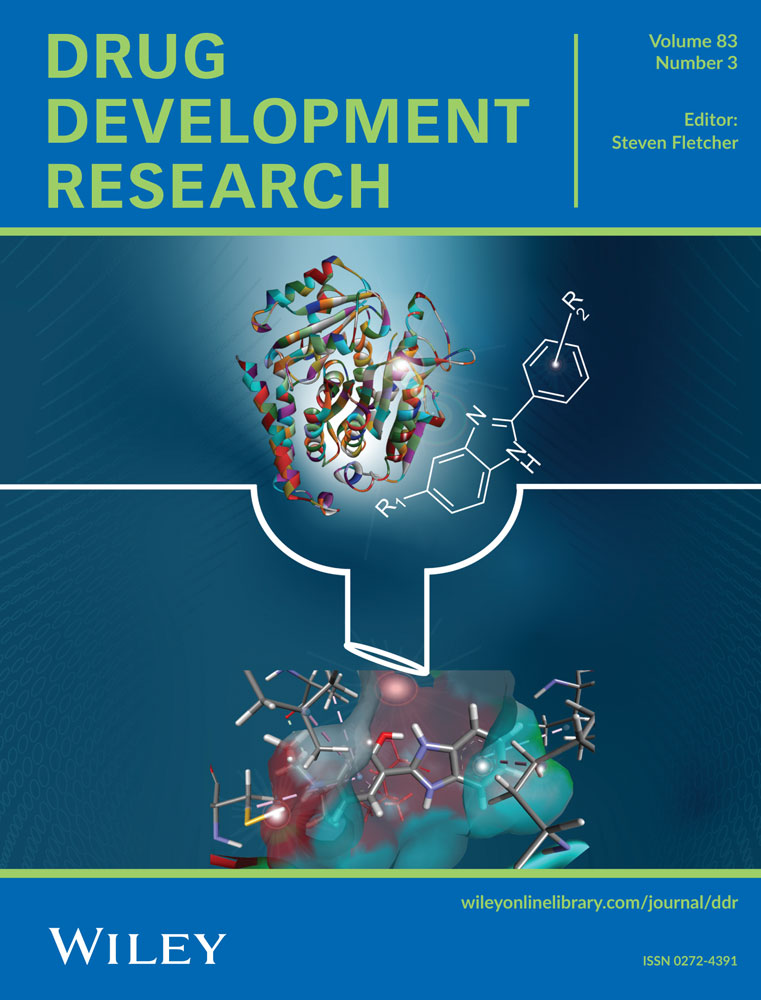Investigating the Impact of B Cell-Related Genes on Colorectal Cancer Immunosuppressive Environment and Immunotherapy Evasion
Abstract
We aimed to elucidate the prognostic and immunological roles of B cell-related genes in colorectal cancer (CRC). This study comprehensively integrated data from single-cell RNA-sequencing, TCGA, GEO, IMvigor210, GDSC, CancerSEA, HPA, and TISIDB databases to explore prognostic implications and immunological significance of B cell-related gene signature in CRC. We identified seven prognostically significant B cell-related genes for constructing a risk score. Clinical relevance analysis indicated that this risk score served as an independent prognostic factor, with the model accurately predicting patient outcomes. GSEA results implicated the risk score in immune function, cell cycle, and DNA replication. Immune infiltration analysis revealing lower levels of B cells, CD4+ cells, and CD8+ cells in the high-risk group, correlating with decreased immune activity and function. IMvigor210 and TIDE analysis indicated poorer prognosis among high-risk group patients receiving immune therapy. Additionally, the high-risk group exhibited lower sensitivity to immune therapy. Further analysis of drug sensitivity suggested higher resistance to common chemotherapy drugs among high-risk groups. Finally, we identified HSPA1A as the gene with the strongest association with immune and inflammatory responses. Validation of HSPA1A protein expression and prognosis demonstrated elevated expression in CRC compared to normal colorectal tissue, further reinforcing its association with poorer prognosis and higher tumor stage. The risk score exhibited substantial variations in clinical characteristics, functional mechanism, TMB, drug sensitivity, immune cell infiltration, and immune subtype. Our findings may aid in clinical decision-making by shedding light on novel and promising biomarkers for CRC prognosis and immunotherapy response prediction.

 求助内容:
求助内容: 应助结果提醒方式:
应助结果提醒方式:


